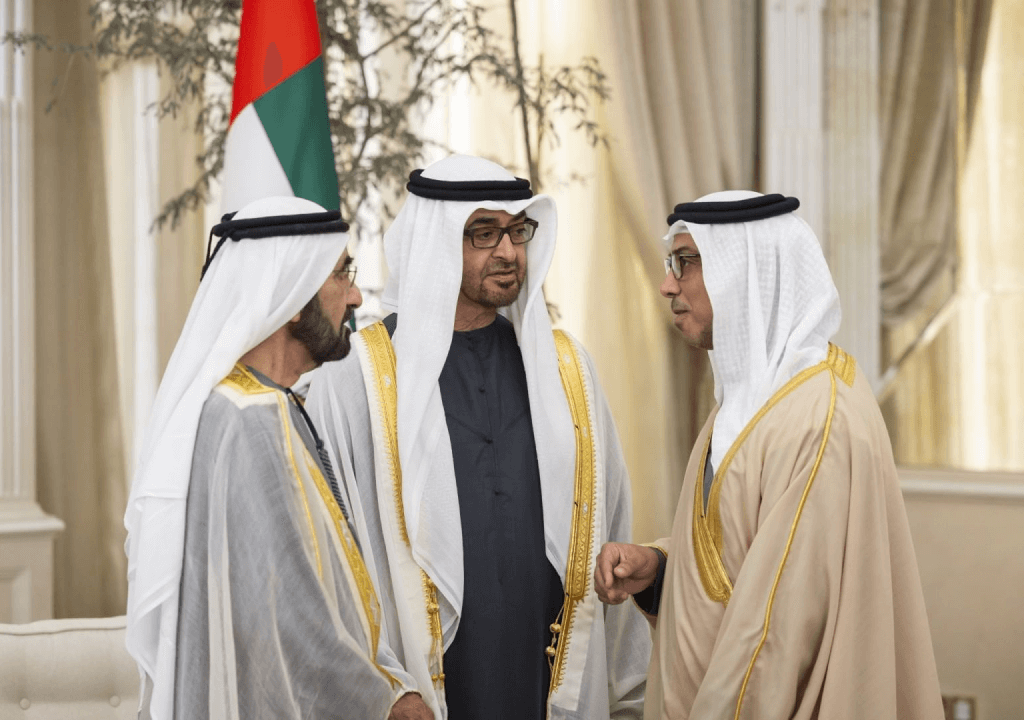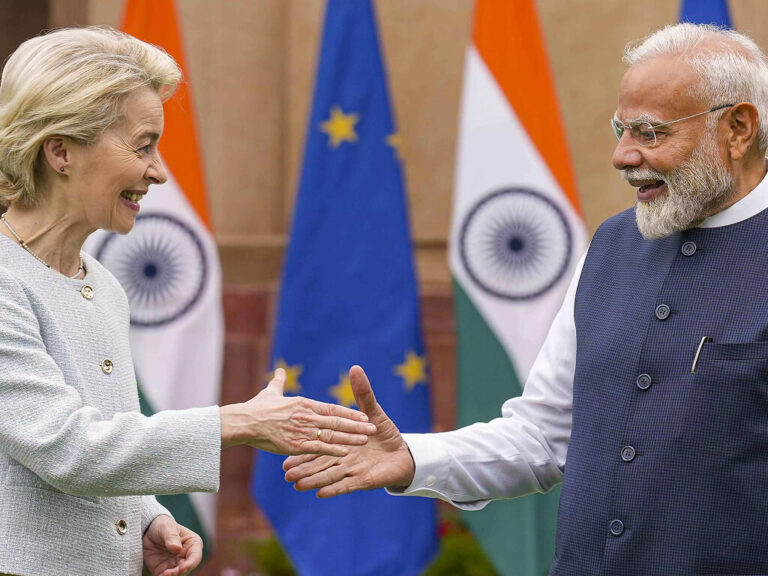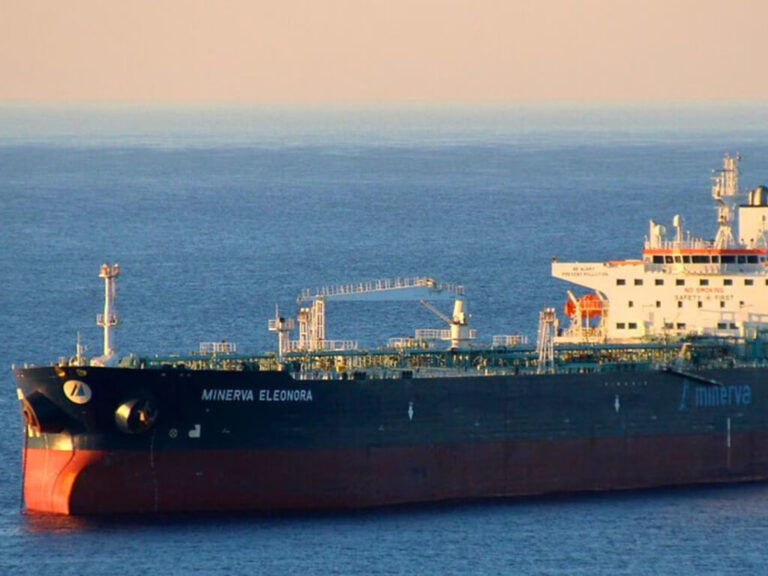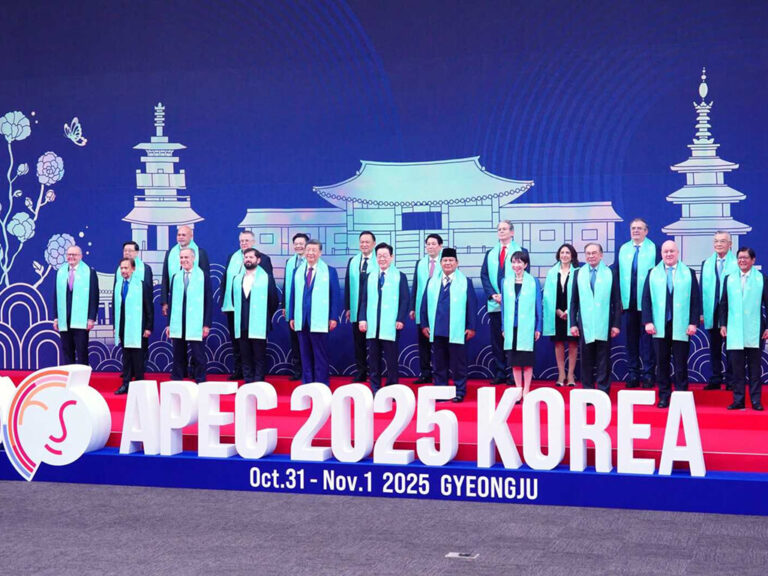Saudi Arabia and Qatar, two ambitious nations seeking superpower status, have invested heavily in this pursuit, leveraging their immense wealth. Both have utilized Islam as their principal tool of influence, channeling resources into spreading their interpretations of the faith worldwide. Their efforts have included significant investments in conversion campaigns, mosque construction, and the global promotion of their ideologies. In addition, they have financed a variety of political and extremist groups, strengthening their foothold in numerous countries across the globe. More recently, however, the two states have turned to sports as their latest vector for influence. Qatar’s successful bid to host the FIFA World Cup stands as a remarkable testament to this strategy, while both Qatar and Saudi Arabia have secured high-profile sports deals and events. Beyond these pursuits, the Gulf states continue to invest in myriad ways—enhancing their soft power, cementing their global stature, and attempting, with varying success, to stake their claim as new superpowers.
However, there is another country in the Gulf region that employs strategies to increase its soft power in a quieter, more effective way: the United Arab Emirates (UAE). Often seen in the shadow of Saudi Arabia, the UAE has pursued its own distinct agenda. Over time, it has crafted a positive image, positioning itself as a force separate from the rivalry between Saudi Arabia and Qatar. Today, the UAE is the most invested and influential country in Africa, gradually establishing itself as a superpower through calculated diplomacy and strategic investments.
The influence of the United Arab Emirates in Africa has grown unmistakably in recent years, as it has quietly cemented itself as the leading backer of new business ventures across the continent. With many African nations eager to meet their urgent development needs, the UAE has positioned itself as a key partner, offering substantial investments with a sharp focus on green energy and infrastructure. Between 2019 and 2023, Emirati companies committed $110 billion to various projects, $72 billion of which was dedicated to renewable energy, according to FT Locations, a data firm owned by the Financial Times. This surpasses the combined pledges of the UK, France, and China, whose investments in African infrastructure have waned due to disappointing returns. As many African leaders grow increasingly disillusioned by the underwhelming climate finance commitments from Western governments, the UAE’s persistent investment strategy has earned it a reputation for reliability. At the COP29 conference, while Western nations promised a mere $300 billion annually—far less than the $1.3 trillion requested by developing countries—the UAE’s ongoing contributions stand as a clear and deliberate contrast, signaling not only economic strength, but an increasingly strategic diplomatic footprint across the African continent.
The UAE’s influence in Africa has grown with subtlety and purpose, particularly in North and East Africa, where it has been an unspoken yet significant actor in the conflicts that have plagued Libya and Sudan. Unlike the international powerhouses of China and India, the UAE has kept a low profile in the global superpower race, often escaping the glaring scrutiny of the Western media or outlets such as Al Jazeera. This relative invisibility, in fact, has worked to the UAE’s advantage. Far from courting attention or controversy, it operates in the shadows, its investments flowing with far less opposition or critique, thus allowing its strategic engagement across Africa to unfold with remarkable ease.
The UAE’s influence in Africa has grown with quiet determination too, largely through the early efforts of Dubai’s port and airline companies, which were among the first to establish a robust presence on the continent. Emirates, the airline controlled by the Dubai royal family, now services 20 African nations, a footprint that underscores its growing reach. Similarly, DP World, a state-owned giant, has been a fixture in the region since 2006. It currently oversees six ports and is planning to expand its footprint with two more. Abu Dhabi Ports has also made significant inroads, managing Kamsar Port in Guinea since 2013, and recently securing new concessions in Egypt, the Republic of Congo, and Angola. Angola stands out as the only country where both DP World and Abu Dhabi Ports are active. The UAE has not been swayed from its commitment to East Africa, but rather is seeking to extend its influence and connectivity toward the Americas, particularly Latin America.
The UAE’s economic interests are equally broad, as Emirati firms diversify investments across sectors like agriculture and telecoms. Notably, since 2022, Dubai royal Sheikh Ahmed Dalmook al-Maktoum has brokered deals to sell carbon credits from vast forests in several African nations—spanning 20% of Zimbabwe, 10% of Liberia, 10% of Zambia, and 8% of Tanzania. The UAE’s investments are shaping a new kind of geopolitical engagement—strategic, expansive, and far-reaching, yet executed largely beneath the radar.
Emirati investments are reshaping long standing power dynamics in the mining sector too. One of the more surprising moves came when International Resource Holdings (IRH), a company controlled by Sheikh Tahnoon bin Zayed, Abu Dhabi’s national security adviser, secured a $1.1 billion deal to acquire a 51% stake in Zambia’s Mopani Copper Mines. The announcement caught many off guard, as the shortlist of potential investors had long been expected to feature China’s Zijin Mining and South Africa’s Sibanye Stillwater. This shift occurred after Zambia’s state-run mining company, ZCCM, took over the ailing Mopani Copper Mines from Glencore in 2021, a transaction weighed down by crippling debt and the need for a fresh infusion of capital. Despite Sheikh Tahnoon’s company having no prior mining experience, the deal ultimately won over Zambian officials. IRH’s promise to invest heavily in the mine while maintaining jobs, coupled with its recruitment of world-class expertise, proved a compelling combination that outweighed conventional expectations. The transaction not only symbolized the UAE’s growing role in the sector, but also reflected a shift in how capital from the Gulf is infiltrating industries long dominated by larger, more established players. And there is the growing amount of illegally smuggled gold from African countries to Dubai. Research by the NGO Swissaid revealed a significant discrepancy between official exports from African nations to Dubai and the emirate’s actual imports. From 2012 to 2022, this difference amounted to 2,569 tons of gold, valued at an astonishing $115.3 billion. This surge in illicit gold trade further exemplifies the UAE’s influence in Africa.
There is little doubt that pouring money into sporting events like the World Cup has granted Saudi Arabia and Qatar significant attention and influence, particularly within global sporting bodies. This is a form of influence, yes, but one rooted in wealth rather than subtlety. What sets the UAE apart is how its investments have drawn politicians, not only to its coffers, but also closer to its vision for regional and global dominance. In Africa, it can be argued that UAE influence is more refined and effective than that of its neighbors, Saudi Arabia and Qatar. The latter maintains control over some of the most conservative Islamic nations, but it is the UAE’s diverse portfolio—spanning trade, infrastructure, and energy—that has given it the upper hand.
While investment from traditional Western powers such as the United States and Europe has dwindled, often discouraged by the outspoken stances of African leaders, and the investments from China, India, and Russia have similarly faltered amid American political concerns, a perfect opening has emerged for the UAE. With fewer competitors and a clearer path forward, the UAE has seized the opportunity. As it continues to amplify its investments and diplomatic strategies, the Emirates have become arguably the most influential Gulf state in Africa, marking a significant shift in the region’s geopolitical landscape.








